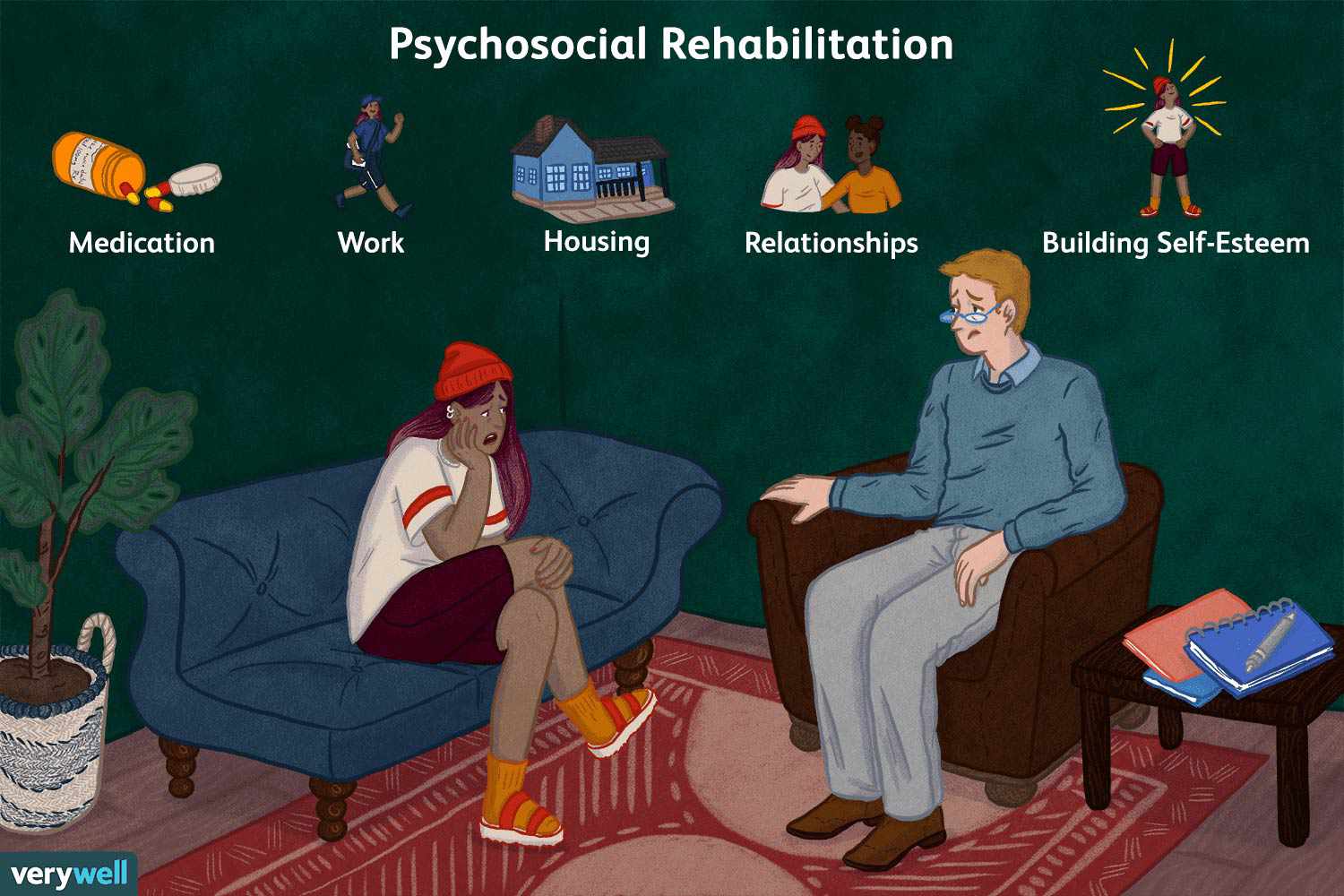Introduction
Mental health treatment is evolving, with a growing emphasis on holistic approaches that address the mind, body, and spirit. Holistic mental rehab centers are at the forefront of this shift, offering comprehensive care that goes beyond traditional therapy and medication. These centers aim to treat the whole person, fostering long-term recovery and overall well-being. This article explores the unique features that make holistic mental rehab centers stand out in the realm of mental health treatment.
Integrated Treatment Modalities
One of the defining characteristics of holistic mental rehab centers is their use of integrated treatment modalities. These centers combine traditional therapies, such as cognitive-behavioral therapy (CBT) and medication management, with complementary and alternative treatments. Techniques like yoga, meditation, acupuncture, and art therapy are incorporated into treatment plans to address various aspects of a person’s mental health. This integration helps individuals heal on multiple levels, promoting a balanced approach to recovery.
Personalized Care Plans
Holistic mental rehab centers emphasize the importance of personalized care. Each individual’s experience with mental health is unique, and so should be their treatment. These centers conduct thorough assessments to understand the specific needs, preferences, and challenges of each client. Based on these assessments, a customized treatment plan is developed, ensuring that the interventions are tailored to the individual’s unique circumstances. This personalized approach enhances the effectiveness of treatment and supports lasting recovery.
Focus on Mind-Body Connection
A core principle of holistic mental health care is the recognition of the mind-body connection. Holistic mental rehab centers understand that mental health issues often manifest in physical symptoms, and vice versa. Therefore, treatments aim to improve physical health as a pathway to better mental health. Nutritional counseling, exercise programs, and sleep hygiene are integral components of holistic treatment plans. By addressing physical health, these centers help clients achieve a more comprehensive state of well-being.
Emphasis on Self-Care and Empowerment
Empowerment and self-care are central themes in holistic mental health treatment. Holistic mental rehab centers teach clients practical self-care strategies that they can incorporate into their daily lives. This includes stress management techniques, mindfulness practices, and healthy lifestyle choices. By equipping individuals with these tools, holistic centers empower them to take an active role in their recovery and maintain their mental health long after they leave the rehab center.
Incorporating Spirituality
For many people, spirituality plays a crucial role in their mental health and overall well-being. Holistic mental rehab centers respect and incorporate this dimension into treatment. Whether it involves religious practices, meditation, or a connection with nature, these centers provide opportunities for clients to explore and strengthen their spiritual lives. This spiritual integration can offer comfort, purpose, and a deeper sense of connection, all of which are beneficial for mental health recovery.
Community and Support Networks
Click here for Holistic mental rehab centers often place a strong emphasis on building a sense of community. Group therapy sessions, peer support groups, and communal activities are designed to foster connections among clients. These supportive networks help individuals feel less isolated in their struggles and provide a sense of belonging. The relationships formed in these centers can be a critical component of the recovery process, offering ongoing support and encouragement.
Holistic Approach to Relapse Prevention
Relapse prevention is a key focus of holistic mental rehab centers. By addressing the root causes of mental health issues and providing comprehensive care, these centers equip clients with the tools needed to prevent relapse. Clients learn to recognize triggers, develop coping strategies, and implement lifestyle changes that support long-term mental health. The holistic approach ensures that relapse prevention is not just about avoiding symptoms, but about fostering overall well-being and resilience.
Use of Natural and Complementary Therapies
In addition to conventional treatments, holistic mental rehab centers often utilize natural and complementary therapies. Herbal medicine, aromatherapy, and massage therapy are some examples. These therapies can enhance the healing process, reduce stress, and promote relaxation. By offering a range of therapeutic options, holistic centers cater to the diverse needs and preferences of their clients, providing a more comprehensive and enjoyable treatment experience.
Sustainable Recovery and Life Skills
Sustainable recovery is a primary goal of holistic mental rehab centers. Beyond addressing immediate mental health concerns, these centers focus on teaching clients essential life skills that support long-term health. This includes skills related to emotional regulation, effective communication, time management, and healthy relationship building. By fostering these skills, holistic centers help clients build a strong foundation for a balanced and fulfilling life.
Conclusion
Holistic mental rehab centers stand out by offering a comprehensive, integrative approach to mental health treatment. By addressing the mind, body, and spirit, these centers provide personalized care that promotes lasting recovery and overall well-being. The emphasis on the mind-body connection, self-care, spirituality, community, and relapse prevention sets holistic centers apart, making them a valuable option for individuals seeking a more complete path to mental health recovery.
